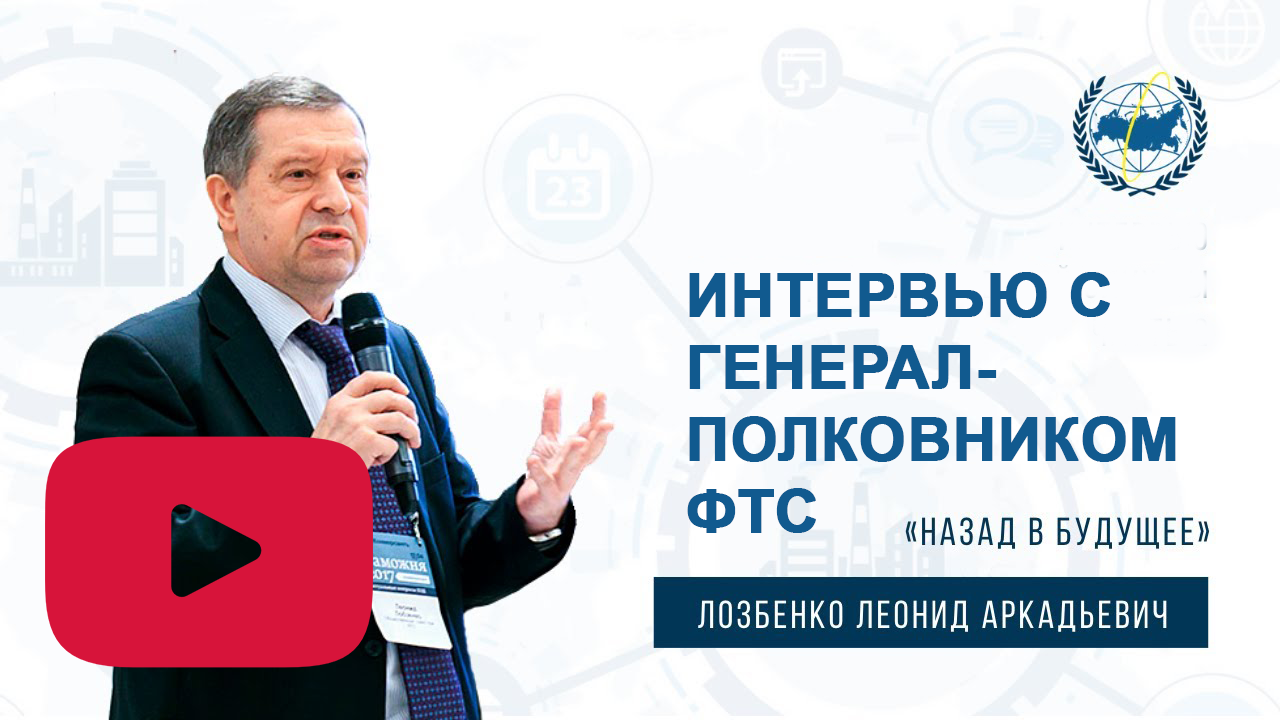
On January 20, the Board of the Eurasian Economic Commission (EEC) considered issues in the areas of trade, customs cooperation, technical regulation, energy, and computerization of the economies of the countries of the Eurasian Economic Union (EEU).
The EEC Board approved the draft Agreement on a unified system of identification of participants in foreign economic activity (FEA) within the EEU.
The adoption of the Agreement will form the legal basis for the creation in the Union of a unified system that will allow for the unambiguous identification of interested parties (including foreign ones). At the same time, the creation of a unified union identification system does not replace or abolish the national registration systems of individuals and legal entities operating in member states.
The unified identification system will be used primarily in the regulation of customs relations. It can also be applied in other areas – tax, currency, etc.
The creation of such a system within the Union implies that participants in foreign economic activity will be assigned a unique identification number (UIN), which has a single dimension and structure. The use of UIN will simplify the forms of electronic documents, reduce the amount of data necessary for the collection, storage and processing of documents used in the implementation of foreign trade activities, simplify the electronic interaction of B2G, G2B, B2B.
The draft Agreement was sent to the countries of the Union for internal coordination, the results of which they will later inform the Commission.
The program for the development of interstate standards for the technical regulation of the Union “On the safety of attractions” was approved.
It is planned to develop 19 interstate standards by 2022, including 10 based on international and regional standards or national standards identical to them.
The Action Plan for 2020 – 2021 was approved within the framework of the Memorandum of Cooperation in the Field of Standardization between the Commission and the American Society for Testing and Materials (ASTM International).
The implementation of the Memorandum is aimed at further harmonizing standards with international requirements, which will contribute to improving product safety and reducing technical barriers to trade. For example, the plan envisages work to provide access to the ASTM International database of standards and video materials on standards for methods and rules for research (testing) of products, as well as the participation of ECE representatives in the work of ASTM International technical committees and strategic groups.
The EEC Board approved updated lists of standards for the technical regulation “On Packaging Safety”.
The lists of standards were prepared by the Commission in conjunction with government bodies of the Union countries with the participation of experts and representatives of the business community. They take into account new versions of interstate standards developed and enforced in Member States. The decision of the EEC Board comes into force on July 1, 2020 for the timely accreditation of testing laboratories, taking into account the standards and methodologies first included in the lists.
Source: tks




